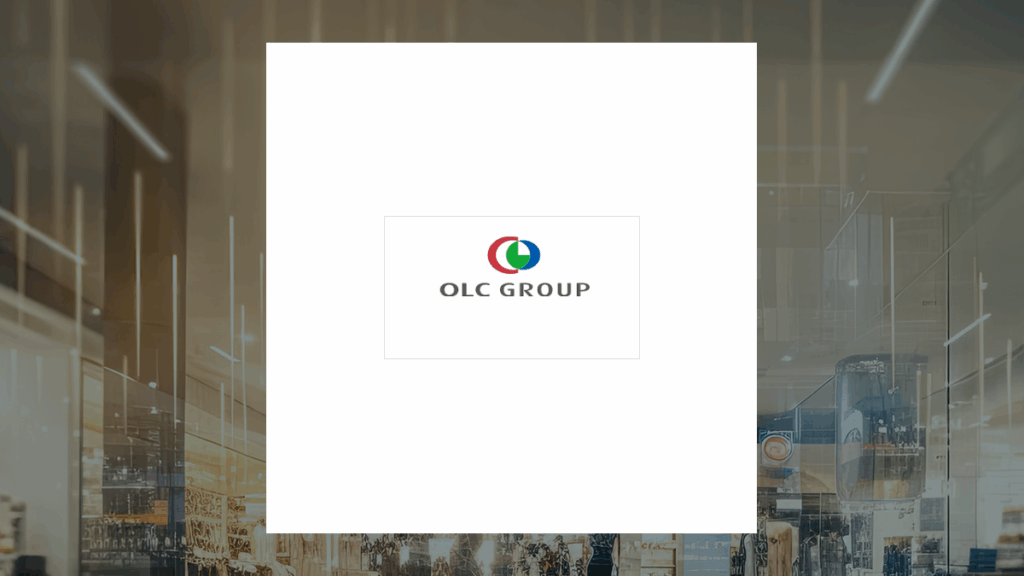Oriental Land Co. (OTCMKTS:OLCLY), a prominent player in Japan’s theme park and hotel industry, is under scrutiny as it competes with 34 other publicly traded companies in the “Hotels & Motels” sector. This analysis delves into how Oriental Land stacks up against its peers in terms of dividends, profitability, risk, institutional ownership, valuation, and analyst recommendations.
Despite its strong presence in the industry, Oriental Land’s financial metrics reveal a mixed bag of strengths and weaknesses. The company pays an annual dividend of $0.03 per share, translating to a modest dividend yield of 0.1%. This is significantly lower than the average yield of 1.3% for the “Hotels & Motels” group, which also pays out 30.8% of their earnings as dividends, compared to Oriental Land’s 6.0% payout ratio.
Risk and Volatility
When it comes to market volatility, Oriental Land exhibits a beta of 0.65, suggesting that its share price is 35% less volatile than the S&P 500. In contrast, its peers maintain a beta of 1.00, indicating no additional volatility relative to the S&P 500. This lower volatility might appeal to risk-averse investors but could also imply less potential for rapid growth.
Profitability and Analyst Ratings
Market analysts have been closely monitoring Oriental Land and its competitors. According to MarketBeat.com, the “Hotels & Motels” sector shows a potential upside of 2.30%. However, Oriental Land’s peers enjoy a stronger consensus rating and a higher probable upside, suggesting that analysts view them as having more favorable growth prospects.
“Given Oriental Land’s peers’ stronger consensus rating and higher probable upside, analysts plainly believe Oriental Land has less favorable growth aspects than its peers.”
Earnings and Valuation
In terms of revenue and earnings, Oriental Land surpasses its peers, highlighting its robust operational performance. However, the company’s higher price-to-earnings ratio indicates that it is currently more expensive than other companies in its industry. This premium valuation could deter cost-conscious investors looking for undervalued opportunities.
Institutional and Insider Ownership
Institutional ownership is a critical factor in assessing company stability and growth potential. In the “Hotels & Motels” sector, 71.1% of shares are held by institutional investors, while 26.8% are held by company insiders. Such strong institutional ownership often signals confidence from large money managers, endowments, and hedge funds in a company’s long-term growth trajectory.
Despite Oriental Land’s impressive revenue figures, its peers outperform it in 8 out of 15 financial factors, highlighting areas where the company could improve to enhance its competitive edge.
About Oriental Land Co.
Founded in 1960 and based in Urayasu, Japan, Oriental Land Co., Ltd. operates and manages a range of theme parks and hotels. Its portfolio includes the iconic Tokyo Disneyland and Tokyo DisneySea theme parks, as well as several hotels such as the Tokyo Disneyland Hotel and Tokyo DisneySea Hotel MiraCosta. The company also manages the Ikspiari shopping complex and the Disney Resort Line monorail.
As Oriental Land navigates the competitive landscape of the hotel and theme park industry, its future strategies will be crucial in determining whether it can enhance its market position and deliver greater value to shareholders.
